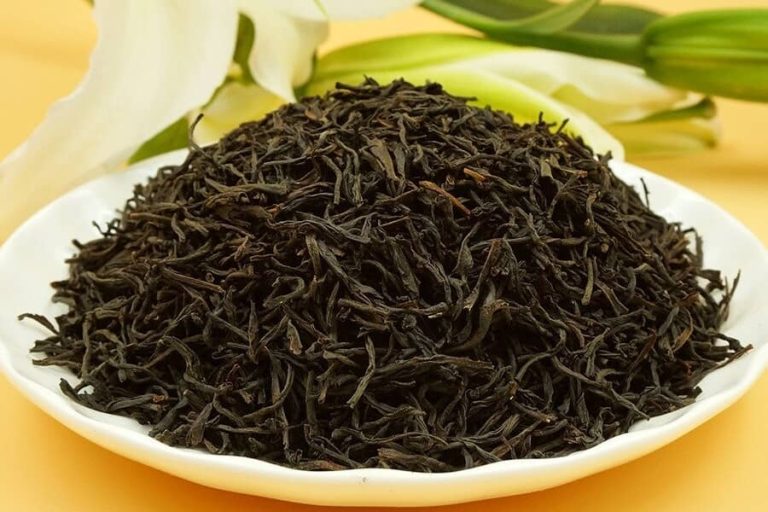Can Drinking Green Tea Prevent Heart Attacks?

Green tea has long been appreciated for its taste and cultural significance, but it is also gaining attention for its potential health benefits. In recent years, researchers have investigated whether drinking green tea can prevent heart attacks, a major cause of death worldwide. In this article, we will review the scientific evidence and explore the mechanisms through which green tea might exert its effects.
Understanding Green Tea
Green tea comes from the Camellia sinensis plant and is native to China and East Asia. The leaves are picked and then dried or steamed to stop oxidation, which preserves many of the natural compounds in the tea. These compounds include caffeine, catechins, epicatechins, and flavonoids, which have anti-inflammatory and antioxidant properties. These components have been studied for their potential health benefits, including reducing the risk of cardiovascular disease.
Heart Attacks: Causes and Risk Factors
A heart attack occurs when blood flow to the heart is blocked, usually by a blood clot. This can damage or destroy part of the heart muscle, and if left untreated, can be fatal. Common risk factors for heart attacks include high blood pressure, high cholesterol, smoking, obesity, diabetes, and a sedentary lifestyle. However, there are also lifestyle choices that can reduce the risk of heart attacks, such as eating a balanced diet and exercising regularly.
Evidence from Scientific Studies
Several studies have investigated the relationship between green tea consumption and heart health. A review of 11 studies found that people who drank green tea had a lower risk of developing cardiovascular disease and coronary heart disease than those who did not consume green tea. Another study found that drinking green tea was associated with a significant reduction in systolic blood pressure, which is a major risk factor for heart attacks.
However, the studies are not entirely conclusive. Some studies did not find a significant association between green tea consumption and heart health, and others pointed to potential confounding factors, such as lifestyle choices or genetic differences. Additionally, many of the studies were observational, which means that they cannot establish causality.
Mechanisms of Action
The mechanisms through which green tea might prevent heart attacks are not fully understood. However, several potential pathways have been proposed. One is that green tea can improve endothelial function, which is the ability of blood vessels to expand and contract in response to changes in blood flow. This can reduce the risk of atherosclerosis, a buildup of plaque in the arteries that can lead to heart attacks. Another mechanism is the anti-inflammatory and antioxidant properties of the compounds in green tea, which can protect against oxidative stress and inflammation, both of which are implicated in cardiovascular disease.
Recommendations and Conclusions
Based on the current evidence, drinking green tea may be beneficial for heart health. However, it is important to note that green tea is just one part of a healthy lifestyle, and it should not be relied on as a sole preventative measure against heart attacks. Further research is needed to fully understand the potential benefits of green tea consumption, including the optimal dose and duration of consumption. In the meantime, incorporating green tea into a balanced diet and active lifestyle is a reasonable strategy for reducing the risk of heart attacks.
















